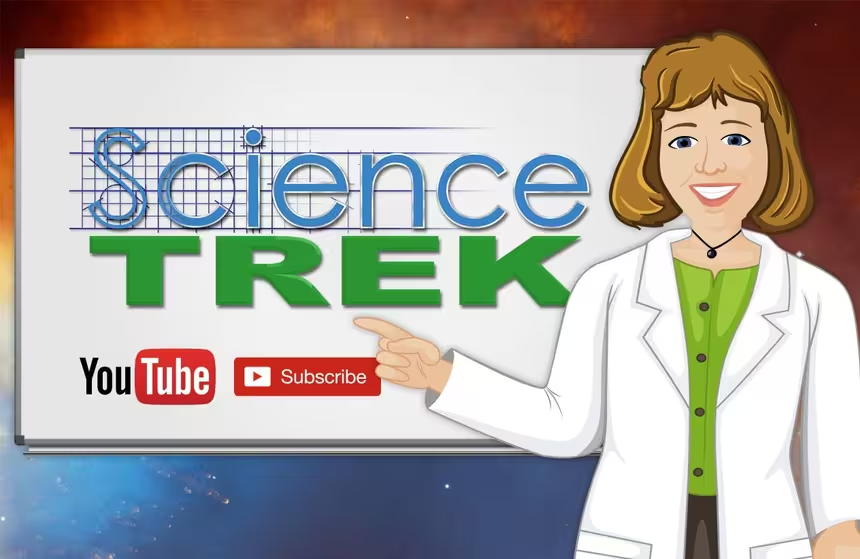
Earthquakes: How to Shorten an Earth Day
Clip: Special | 1m 4sVideo has Closed Captions
What was the largest recorded earthquake? What did it do to the entire planet?
Earthquakes don’t just impact one part of the planet. Large scale earthquakes can be felt worldwide and can even make a difference in the length of our day.
Problems playing video? | Closed Captioning Feedback
Problems playing video? | Closed Captioning Feedback
Science Trek is a local public television program presented by IdahoPTV
Major Funding by the Laura Moore Cunningham Foundation and the Idaho National Laboratory. Additional Funding by the Friends of Idaho Public Television and the Corporation for Public Broadcasting.

Earthquakes: How to Shorten an Earth Day
Clip: Special | 1m 4sVideo has Closed Captions
Earthquakes don’t just impact one part of the planet. Large scale earthquakes can be felt worldwide and can even make a difference in the length of our day.
Problems playing video? | Closed Captioning Feedback
How to Watch Science Trek
Science Trek is available to stream on pbs.org and the free PBS App, available on iPhone, Apple TV, Android TV, Android smartphones, Amazon Fire TV, Amazon Fire Tablet, Roku, Samsung Smart TV, and Vizio.

Science Trek
Science Trek is a place where parents, kids, and educators can watch short, educational videos on a variety of science topics. Every Monday Science Trek releases a new video that introduces children to math, science, technology, engineering, and math (STEM) career potentials in a fun, informative way.[MUSIC] JOAN CARTAN-HANSEN, HOST: Scientists use a tool called a seismograph to measure the waves in the earth caused by an earthquake.
The bigger the seismic wave the bigger the magnitude.
And the magnitude of an earthquake is how much rock is breaking.
These seismic waves move faster deep in the earth, but in the crust they move about 20 times the speed of sound in the atmosphere.
The most sensitive instruments record about 500 thousand earthquakes a year.
We only feel about 100 thousand of those and only about 100 cause any damage.
The largest earthquake ever recorded was a magnitude 9.5 in Chile in1960.
It shook the earth so much that even days later, scientists could still detect movement around the planet.
An earthquake in Chile in 2010, was a magnitude 8.8.
It was so strong that scientists think it changed the earth's rotation slightly and actually shortened Earth's day.
For more information about earthquakes, check out the Science Trek website.
You'll find it at Science Trek dot org
Earthquakes: Did I Just Cause an Earthquake?
Video has Closed Captions
Clip: Special | 1m 4s | Things other than the clash of tectonic plates can cause an Earthquake. (1m 4s)
Providing Support for PBS.org
Learn Moreabout PBS online sponsorship
- Science and Nature

Explore scientific discoveries on television's most acclaimed science documentary series.

- Science and Nature

Capturing the splendor of the natural world, from the African plains to the Antarctic ice.












Support for PBS provided by:
Science Trek is a local public television program presented by IdahoPTV
Major Funding by the Laura Moore Cunningham Foundation and the Idaho National Laboratory. Additional Funding by the Friends of Idaho Public Television and the Corporation for Public Broadcasting.
